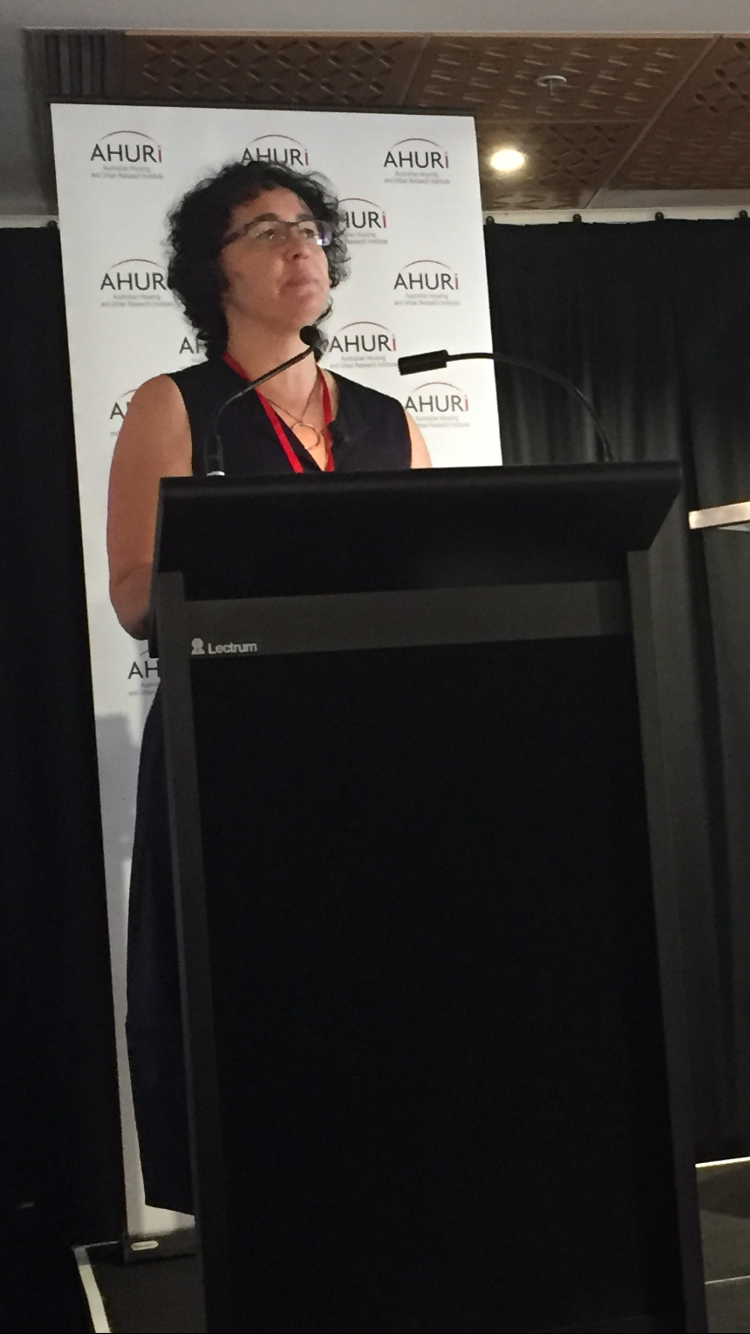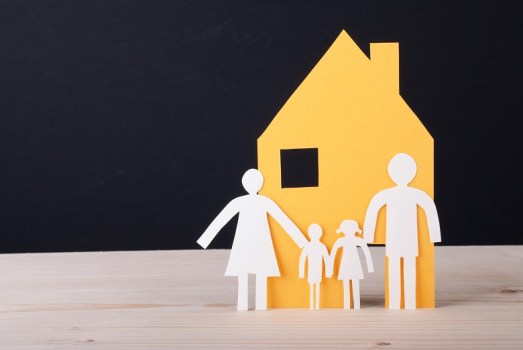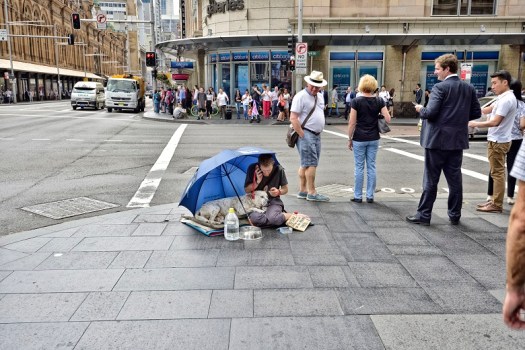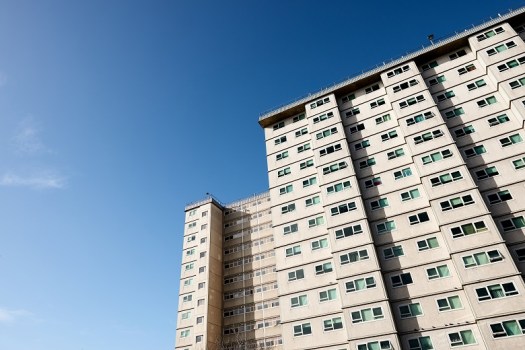
New research has found a direct link between poor mental health and housing instability, exacerbated by a failure of the two sectors to work together.
The report, launched at a national housing conference in Sydney on Wednesday, highlights the need for greater integration between the two policy areas and a shift away from the current crisis-driven response, researchers say.

The research report, produced in collaboration between the Australian Housing and Urban Research Institute (AHURi) and Mind Australia, also found that social support and access to services can act as mediating factors can reduce instability.
“It’s very important for people to have access to those services, and to access them, to prevent housing instability,” author and manager of professional services at AHURi Nicola Brackertz told AHURi’s Housing: the foundation for mental health conference.
The study found that a diagnosed mental health condition increases the likelihood of a forced move within 12 months by 39 per cent. People with poor mental health who don’t access health services are 58 per cent more likely to experience a forced move within two years.
The findings are based on surveys and focus groups with 130 participants including service providers and consumer groups across Australia.
It’s one of the first national studies to examine the relationship between the housing and mental health pathways of people with lived experience of mental ill-health.
The report identifies five “trajectories” or pathways through the housing system for people with mental health issues and examines the factors that underpinning them.
The trajectories include:
- Exclusion
- Being stuck in inappropriate arrangements
- Cycling in and out of the system
- Stabilisation
- Being well supported
‘Meds and beds’ approach no solution
The study found barriers to access, lack of outreach, lack of system navigation, crisis-driven responses and the siloing of the housing and mental health systems are contributing to the first two trajectories.
Co-author Sarah Pollock, executive director of research an advocacy at Mind Australia, described the “cycling” pathway, characterised by a “constant churn” of people in and out of housing, as an outcome of the “beds and meds approach”.
“People are told ‘we can get you meds and beds but the help you need when you’ve left the beds isn’t there’,” she said.
Those in the fourth and fifth trajectories, on the other hand, had experienced “circuit breakers” including secure tenure, early intervention and access to social supports.
Impact of shift of public housing to community
Speaking to Government News on the sidelines of the conference, Dr Brackertz said the recent shift of public housing to the community sector has been detrimental for people with poor mental health who are trying to access the housing system.
“A finding we had is that public housing actually has a greater protective factor against homelessness than community housing and I think there’s quite a strong case to be made that public housing is really important.
“Community housing providers have different financial constraints in that they need to be financially viable. I wouldn’t say they need to ‘pick and choose’ their clients, but they have different requirements in the kind of tenants that they have, and can keep, in order to remain financial viable,” she said.
“Public housing really is that safety backstop for people who have complex issues that are difficult to manage but still deserve a place to live.”
Dr Brackertz says the main message in the report for policy makers is the need for better integration between the two systems.
“It’s not just about medication, it’s not just about housing, it’s not just about mental health support,” she said. “It’s about a holistic approach to the services provided to an individual.
“The other thing is that the housing and mental health systems are really crisis driven, so at the time you’re actually eligible for help you’re already quite sick and have multiple problems around housing.”
She says the focus should instead be on early intervention, such as tenancy sustainment programs to help people through episodes of mental ill health.
AHURi is holding a series of policy development workshops over the coming months ahead of the release of a policy report.
Comment below to have your say on this story.
If you have a news story or tip-off, get in touch at editorial@governmentnews.com.au.
Sign up to the Government News newsletter



